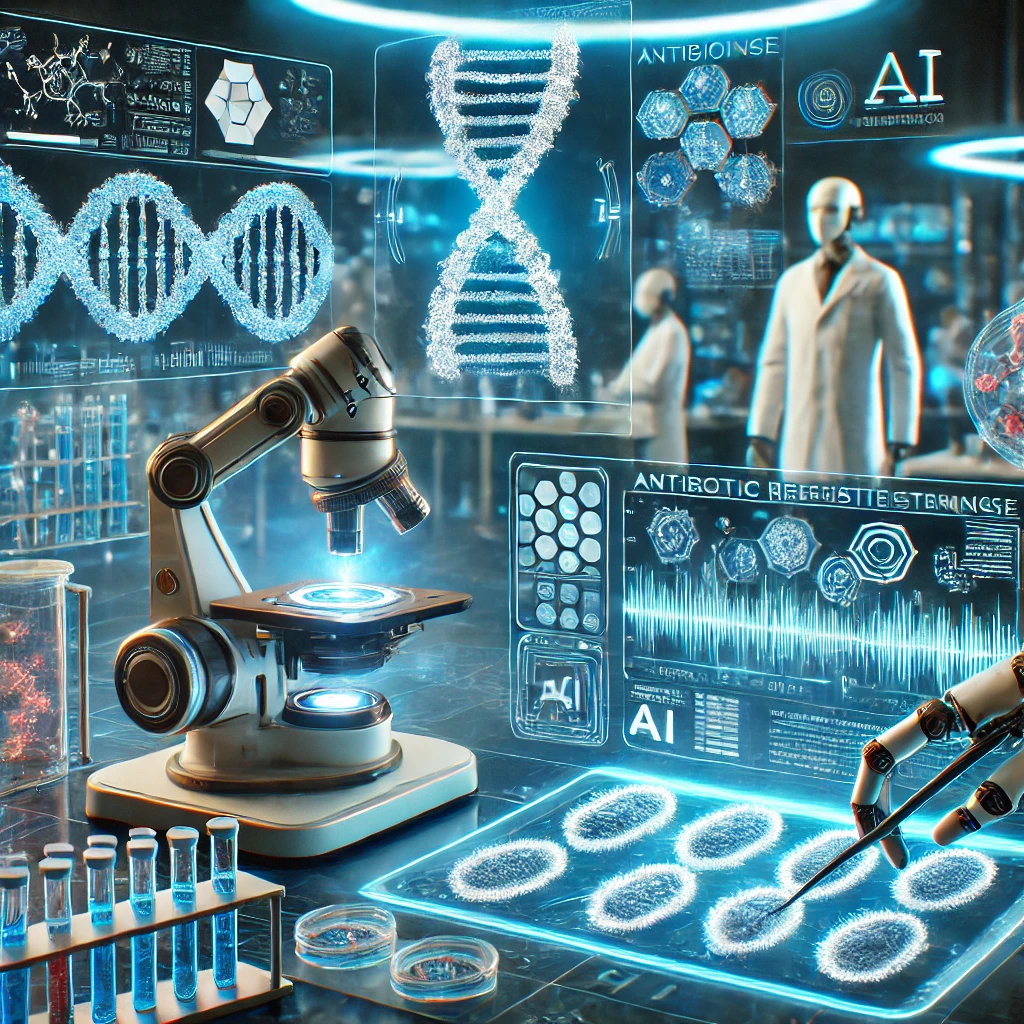Introduction
Introduce how AI has revolutionized search engines, making searches faster, more accurate, and increasingly intuitive. Highlight that AI not only improves search algorithms but also paves the way for advanced tools like ChatGPT, which could redefine how users interact with information.
1. The Role of AI in Improving Search Engine Performance
- Enhanced Relevance: AI-powered algorithms analyze search intent and context to provide more relevant results, such as through Google’s BERT and RankBrain.
- Natural Language Processing (NLP): AI models interpret complex queries and respond to conversational language, enabling better understanding of user needs.
- Personalized Results: AI algorithms consider user behavior and preferences, personalizing results to fit individual profiles.
Example: Explain how Google’s RankBrain uses AI to decipher queries that have never been searched before, leading to a significant improvement in relevance and accuracy.
2. Positive Impacts of AI on Search Engines
- Efficiency and Speed: AI drastically reduces the time it takes to fetch relevant information, even for complex queries.
- Improved Search Accuracy: AI allows for better interpretation of nuanced language and context, leading to precise and contextually relevant results.
- Enhanced User Experience: AI in search engines provides features like voice search, visual search, and zero-click answers, improving overall user convenience.
Example: Discuss how voice search, powered by AI, has enabled users to perform hands-free searches with increasing accuracy.
3. Negative Impacts and Challenges of AI in Search Engines
- Privacy Concerns: Personalized search results may feel invasive, as they often rely on user data tracking and behavioral analysis.
- Filter Bubbles: Personalized searches may trap users within certain viewpoints by showing results aligned with their previous interactions, limiting exposure to diverse perspectives.
- Ethical Concerns: AI-driven search can lead to biased results if the algorithms are influenced by unintended biases in training data.
Example: Describe how filter bubbles limit the diversity of information, affecting public opinion and potentially reinforcing misinformation.
4. The Future of Search with Tools like ChatGPT
- Conversational Search Experiences: AI models like ChatGPT offer interactive, conversational search capabilities that allow for more dynamic query handling.
- Improved Comprehension of Complex Queries: Large language models (LLMs) like ChatGPT handle nuanced questions with ease, making them ideal for academic and complex inquiries.
- Multi-step Query Resolution: Unlike traditional search, ChatGPT can guide users through complex questions by breaking them down into a series of smaller, manageable queries.
Example: Show how a user asking a multi-layered question could receive a comprehensive answer through ChatGPT, rather than navigating multiple search results.
5. Comparing AI-driven Search Engines with Traditional Search
- Traditional Search Engines: Rely on keyword matching and backlink data to rank results, with limited contextual understanding.
- AI-Driven Models: Offer deeper comprehension of context, user intent, and complex language, going beyond standard search ranking algorithms.
Example: Illustrate how traditional search engines might struggle with understanding context-rich questions, while AI models can break down and address such questions with greater precision.
6. The Future of Search: Will AI Models Replace Traditional Engines?
- Complementary Roles: While AI tools like ChatGPT offer enhanced capabilities for specific queries, traditional search engines still excel at quickly indexing and presenting vast amounts of information.
- Hybrid Models: Search engines may incorporate AI-driven chat functionalities, where users can choose between traditional search results and AI-generated responses.
- Potential for Specialized Searches: AI models could be used for niche or industry-specific searches, providing highly relevant results for specialized fields.
Example: Discuss how Bing and Google are already exploring AI integration in search, such as Microsoft incorporating ChatGPT into Bing for more conversational search options.
Conclusion
Summarize the ongoing evolution of search engines, underscoring both the positive and negative impacts of AI. Emphasize that while AI-driven models like ChatGPT offer exciting possibilities, traditional search engines and AI will likely coexist and evolve together, leading to more tailored and effective search solutions.





